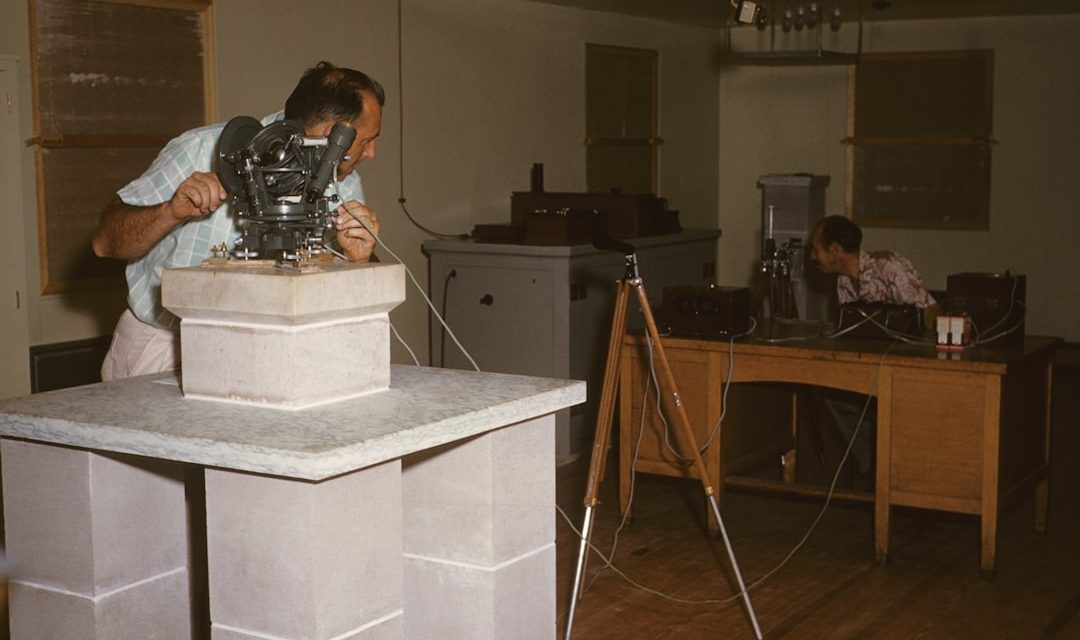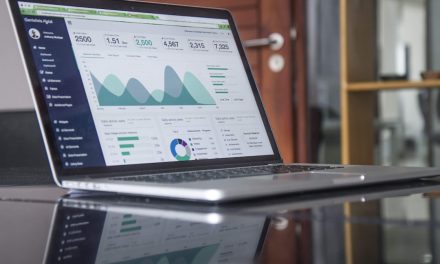SEO and PPC: The Dynamic Duo of Digital Marketing In the constantly changing world of digital marketing, two tactics stand out for their ability to generate leads & drive traffic: SEO and PPC advertising. Any company trying to improve its online presence must comprehend the subtle differences between these two strategies. The main distinctions between SEO and PPC will be discussed in this article, along with their financial ramifications, the types of outcomes they produce, targeting options, brand awareness, conversion rates, and the necessary investment for each. Lastly, for best results, you will learn how to combine the two approaches.
Key Takeaways
- SEO focuses on organic search results, while PPC involves paid advertising
- SEO generally has lower upfront costs compared to PPC
- SEO provides long-term results, while PPC offers short-term visibility
- PPC allows for precise targeting, while SEO has broader audience reach
- Both SEO and PPC contribute to brand visibility and credibility
First and foremost, it’s critical to understand what PPC and SEO mean. Optimizing your website to rank higher in organic search results is the goal of SEO, a long-term strategy. Numerous strategies are used in this, such as technical optimization, link development, content production, and keyword research. The objective is to raise your website’s exposure in search results like Google so that it gradually draws in more natural traffic. PPC, on the other hand, is a paid advertising model in which you place keyword bids to have your ads appear high in search engine results. A fee is paid each time an ad is clicked.
This technique can increase website traffic almost instantly and provides instant visibility. PPC provides a quicker path to exposure, whereas SEO takes time and effort to build momentum. Long-Term Investment as opposed to… Brief-term costs. In the long run, SEO is frequently thought to be a more economical investment.
Even though employing optimization specialists or tools might need an initial investment, once your site begins to rank well, the recurring expenses are usually lower. Natural Traffic versus. advertisements that are paid for. Instead of having to pay for every visitor, you’ll get organic traffic that keeps coming in free of charge. PPC, on the other hand, can quickly get pricey. Even though you pay for each click on your advertisements, the expenses can mount up even though you see results right away.
keeping an eye on your spending plan. Depending on how competitive your chosen keywords are, you may end up investing a significant sum of money with no assurance of a profit. PPC can therefore be useful for targeted promotions or short-term campaigns, but it’s crucial to keep a careful eye on your spending to prevent going overboard. PPSEO is a long-term strategy by nature, and the difference between short-term and long-term results is another important consideration when comparing the two. You might not notice noticeable increases in your organic traffic & search rankings for several months.
Nevertheless, the advantages can be significant and long-lasting once you establish a strong position in search results. Without constant click-through fees, your website can draw visitors for years to come, making it a viable choice for long-term expansion. PPC, on the other hand, lacks sustainability but produces results right away. Campaign visibility vanishes the moment you cease funding them. Therefore, even though PPC can be a great tool for promoting time-sensitive offers or generating quick traffic, it lacks the long-term advantages of a well-executed SEO strategy.
Consequently, knowing your company’s goals is essential to choosing the strategy that will help you achieve them. Another area where PPC and SEO diverge greatly is targeting capabilities. You have exact control over who sees your ads with PPC, depending on a number of variables like location, interests, demographics, and even particular keywords. You can connect with potential clients who are currently actively looking for goods or services similar to yours thanks to this degree of targeting.
To draw in visitors who might not be specifically searching for your products but could still benefit from them, your content needs to be optimized for relevant keywords.
This implies that although SEO can eventually assist you in reaching a larger audience, it might not always engage users who are prepared to convert right away. In today’s cutthroat market, brand visibility is essential, and both SEO and PPC improve it in different ways. Over time, as your website moves up the search results, SEO helps build credibility.
A strong SEO presence can improve your brand’s reputation and authority in your industry because users tend to view organic search results as more reliable than paid advertisements. Although it does it in a different way, PPC also helps increase brand awareness. You can reach potential clients right away by using paid advertisements to rank at the top of search results. However, in terms of credibility, this visibility might not be as significant as organic rankings. Customers may view paid advertisements with greater skepticism than organic listings, which could affect how they view your company.
Both SEO and PPC have advantages and disadvantages when assessing conversion rates and return on investment (ROI).
Analytics tools make it simple to monitor metrics like click-through rates (CTR) and conversion rates, which enables you to continuously improve campaign performance.
Since establishing user trust and traffic takes time, SEO typically has a lower initial conversion rate. Nevertheless, as users get to know your brand and products, organic traffic frequently results in increased conversion rates over time. In addition, since organic traffic doesn’t incur recurring costs per click, SEO’s return on investment may be more favorable over time. Also, there are significant differences in the time & effort needed for SEO versus PPC.
Long-term, steady time & resource commitments are required for SEO. Regularly updating content, keeping an eye on performance indicators, researching keywords, and keeping up with search engine algorithm changes are all necessary. Although it may require a lot of resources, this sustained dedication eventually pays off. After campaigns are set up, PPC requires less time, but it requires constant monitoring & tweaking to guarantee peak performance.
Effective budget management and targeting strategy refinement will require frequent data analysis. PPC can yield quick profits, but maintaining profitability calls for diligence. In the end, combining SEO and PPC efforts is frequently the most successful digital marketing approach. You can develop a thorough marketing strategy that optimizes visibility and increases conversions by utilizing the advantages of each strategy. PPC, for example, can help you improve your SEO strategy for long-term growth while also bringing in immediate traffic. Also, you can use PPC campaign insights to guide your SEO efforts.
Your content creation and optimization tactics for organic search can be guided by an analysis of the keywords that show up well in sponsored advertisements. On the other hand, high organic rankings can improve your PPC campaigns’ efficacy by raising brand awareness generally. For any business hoping to succeed in the digital sphere, it is imperative to comprehend the distinctions between PPC & SEO.
You can make well-informed choices that support your company objectives by comparing the costs, results timelines, targeting capabilities, conversion potential, brand credibility, time investments, and integration strategies of the two approaches. You can improve your online visibility and build a strong foundation for long-term growth in a market that is becoming more and more competitive by implementing both strategies.
When deciding between SEO and PPC for your business, it’s important to consider the long-term benefits and immediate results of each strategy. According to a recent article from SEO World Academy, SEO can help improve your website’s organic search rankings over time, leading to sustained traffic and visibility. On the other hand, PPC can provide instant visibility and targeted traffic, making it a great option for businesses looking for quick results. Ultimately, the best approach will depend on your specific goals and budget.
FAQs
What is SEO?
SEO stands for Search Engine Optimization, which is the practice of increasing the quantity and quality of traffic to your website through organic search engine results.
What is PPC?
PPC stands for Pay-Per-Click, which is a model of internet marketing in which advertisers pay a fee each time one of their ads is clicked. It is a way of buying visits to your site, rather than attempting to “earn” those visits organically.
What are the main differences between SEO and PPC?
The main difference between SEO and PPC is that traffic coming from SEO (organic) is free, while traffic generated from PPC is not. Additionally, SEO takes time to see results, while PPC can generate immediate results.
Which is better for my business, SEO or PPC?
The decision between SEO and PPC depends on your business goals, budget, and timeline. SEO is a long-term strategy that requires patience, while PPC can provide immediate results but requires a budget for ad spend.
Can I use both SEO and PPC for my business?
Yes, many businesses use a combination of SEO and PPC to maximize their online visibility and traffic. This strategy allows for both long-term growth through SEO and immediate results through PPC.





